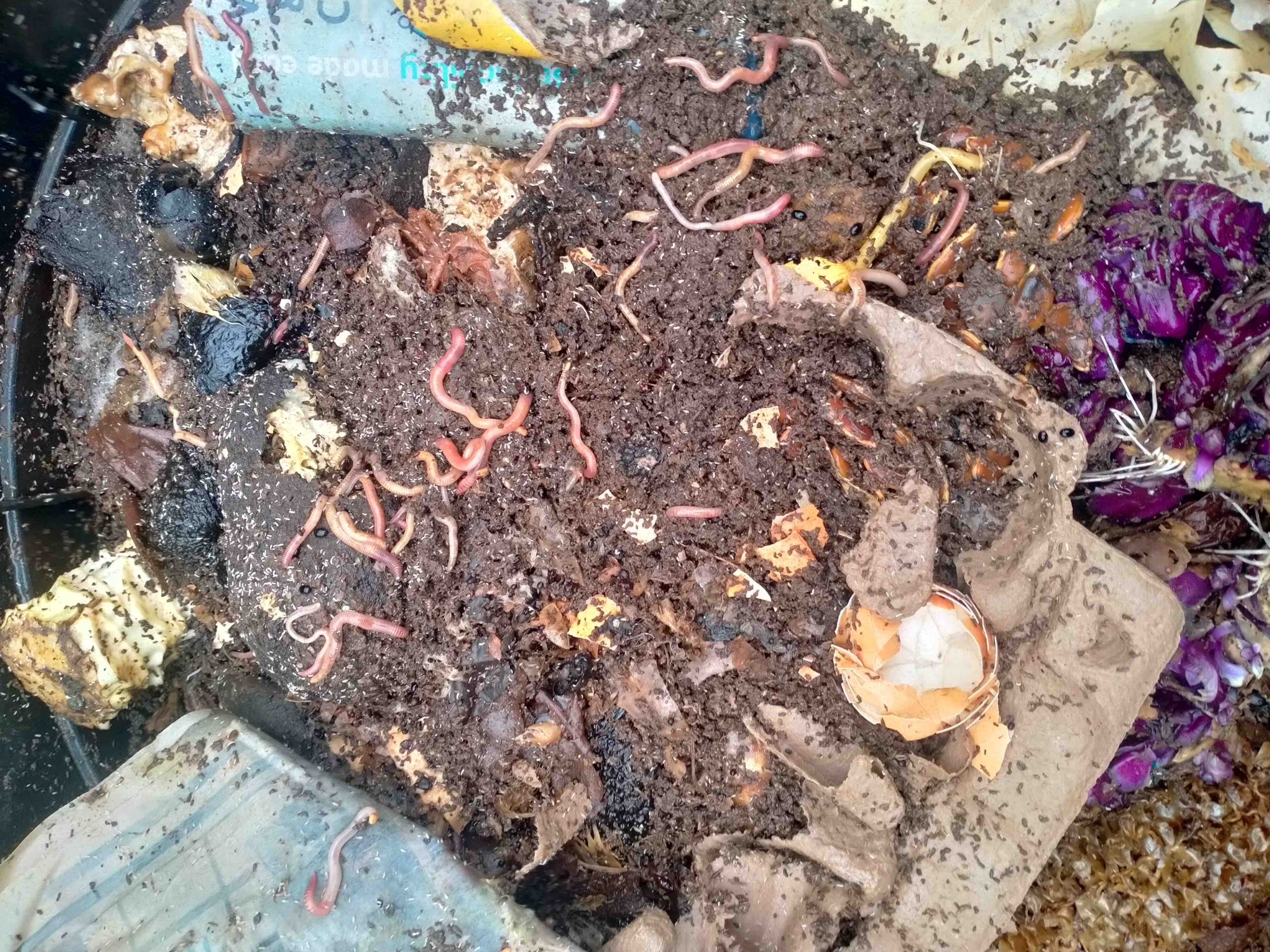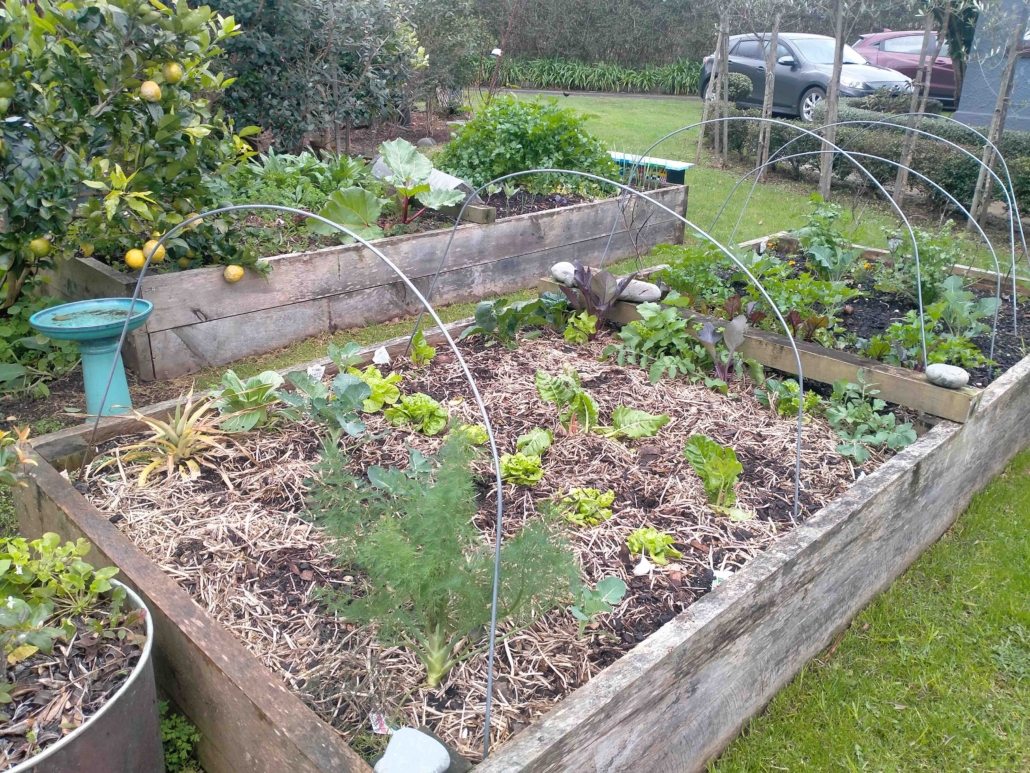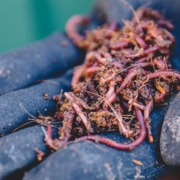Worm Farming Tips
Home gardener Michelle Coenradi has four worm farms on the go. Here she outlines the benefits, and offers some tips from her experience.
We hope you enjoy this free article from OrganicNZ. Join us to access more, exclusive member-only content
I am passionate about my worms. There are so many benefits to worm farming, and it’s something you can do almost anywhere, even on a balcony. Worm farms produce two types of fertiliser: a liquid (sometimes called tea or juice) and a more solid one (vermicast). I leave the siphon open and sit a bucket underneath to collect the liquid.
Benefits of worm juice and vermicast
- Enhances soil fertility.
- Promotes plant growth.
- Deters pests and diseases.
- Improves soil structure – contains microorganisms and enzymes that improve soil aeration and water retention, leading to better root development.
- Rich in readily available nutrients like nitrogen, phosphorus and potassium, as well as trace elements.
- Improved aeration and drainage results in reduced soil compaction
- Enhances the activity of beneficial microbes which are essential for nutrient cycling and overall soil health.
- Cost-effective fertiliser that you can make yourself.
- Vermicast is pH neutral.

A healthy home for your worms
Worms need a dark, moist and well aerated environment and a temperature between 15–25ºC. You can put in shredded paper for them to live and breed in, or a worm mat which can be purchased at hardware stores.
Worms love anything curved or round to nest in and keep themselves warm, especially avocado and watermelon skins, and pumpkin is a hit as well.
What do they like to eat?
- 70% nitrogen-rich ‘green waste’ like fruit and vege scraps, eggshells, coffee grounds and tea bags (make sure they’re compostable ones). Avoid citrus fruit and the onion family.
- 30% carbon ‘brown waste’, like newspaper and cardboard.
You can feed them daily but I tend to feed weekly.
When I put scraps in I sprinkle Tumbleweed worm compost conditioner over the top. This keeps the pH balanced – you can tell if the worms are struggling with an alkaline imbalance because they lose their colour and start turning white. You can also use garden lime sparingly.
The vermicast is referred to as black gold, indicating its value in the garden. I find worms are hardy and easy care; you really can’t go wrong with a worm farm and they are so rewarding.

More information
There is lots more information about worm farming online, such as these tips from the Compost Collective.
Photo at top: Compost Collective


